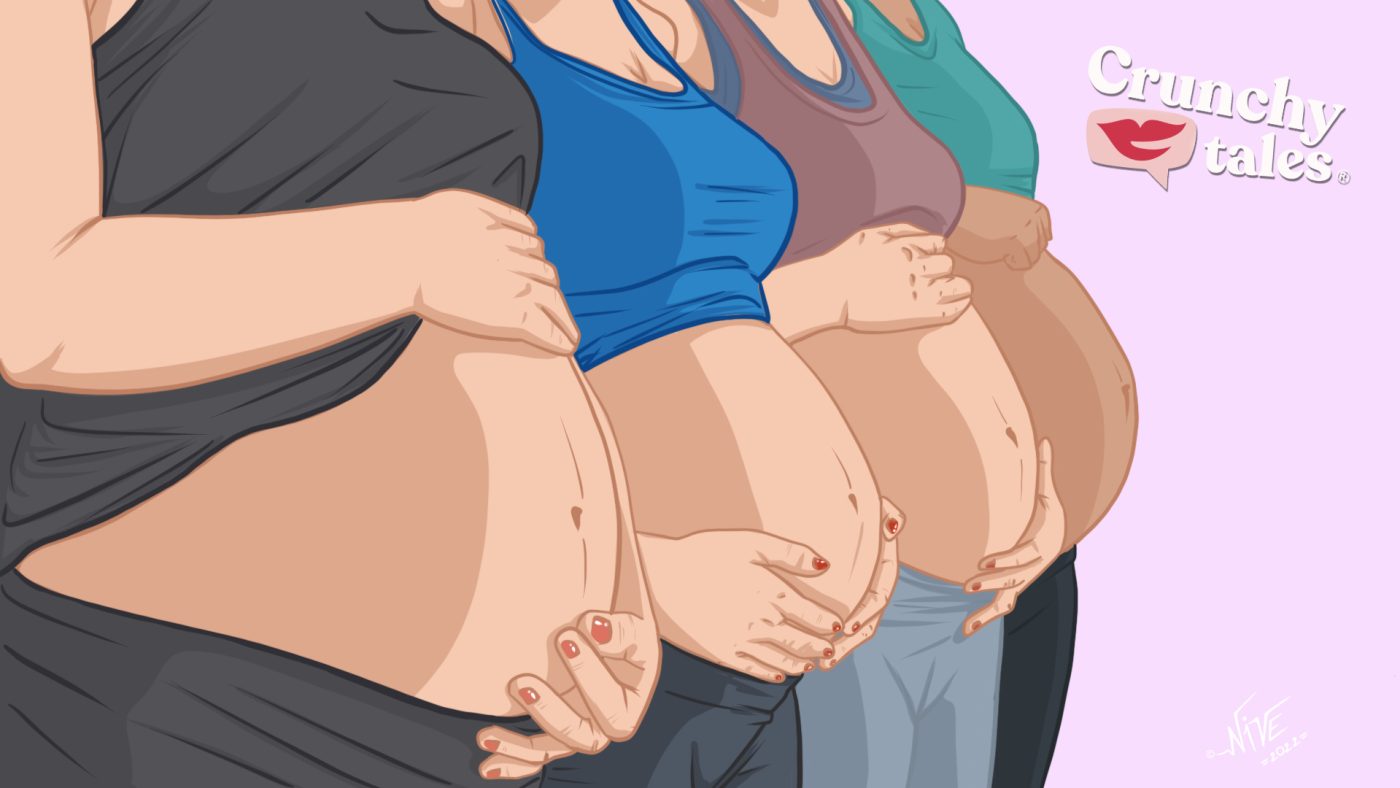Late Motherhood: Are You Mentally Prepared For This Journey?
If you are older than 40 and planning to have a baby, you are in good company. As more women are spending their early adulthood on careers, travel and other endeavours, it’s more commonplace to become a mature mum than in the past and according to the New York Times, around 100,000 Americans give birth in their 40s each year.
But how many midlife women are mentally prepared for this novelty?
Having a baby -at any age- is both exciting and a little scary but sometimes it may occur that women over 40 – although they have had plenty of experiences in life- are not emotionally equipped for the challenges of late motherhood.
“It’s always a subjective experience– explains Adelia Lucattini, Psychiatrist and Psychoanalyst, member of the International Psychoanalytical Association-. Sometimes motherhood tends to highlight aspects of one’s life that may have been left out, unexpressed desires or aspirations that had been given up, and other times unresolved traumas“.
What to expect when becoming a mum over 40
Research has highlighted a controversial aspect of late motherhood: the pregnancy and the birth of a child are often accompanied by a great emotional investment at this age. It’s a sought-after but difficult journey at the same time.
Some women over 40 may not be ready to slow down yet and cope with normal bodily changes, and others may have a lack of social support or have already had a child or more in their 30s and a new unexpected pregnancy is not on their to-do list.
For instance, late-life motherhood for Cary J Hansson, a Swedish accomplished writer, author of “Midlife Holiday“, and a happy mother of nine-year-old twins who became mum again at the age of 44, hasn’t been always a smooth journey.
“My eyesight, for example, isn’t what it once was – she explains-. I remember once tearing through the house searching for a pair of reading glasses as my son screamed, my anxiety levels skyrocketed and the bottle of paracetamol, with its tiny dosage instructions, sat unused on the counter. And then there was the business of getting down to his level – in other words, the floor. I’d do it in stages, holding on to a table and creaking like a shipwreck. Getting back up took so long, he’d often toddled off to play with knives before I was standing. But that wouldn’t happen nowadays, and here is where I’ll let you into the real secret of late-life motherhood – yoga. More than a decade on and I’m finally getting some strength and flexibility back in my post-baby/post-menopausal body“.
Most of the time, motherhood can be overwhelming in terms of energy. Ask any mum, and she’s likely to tell you that she’s tired all the time and that she never seems to have any time for herself anymore. This is likely to be true, no matter the age of the mother. But it’s especially true for older mums, who often do not have the physical energy and stamina they did when they were in their 20s or 30s, no matter how good their physical condition is.
Nevertheless to say, whether you are a first-time mum in your 40s or just coping with new motherhood in midlife, the label “geriatric mum” should be banned.
Cari Rosen decided to write a book about her experiences called ‘The Secret Diary of a New Mum (aged 43 1/4): “I skipped into my first antenatal appointment full of the joys but by the time I’d been called both a ‘geriatric’ mother and an ‘elderly primagravida’ (way to make a girl feel good) I started to wonder whether they were going to admit me to the maternity or geriatric ward. Women have been having babies in their 40s since time began – perhaps not first babies, but all the same, there’s nothing out there about a woman in her late 30s or early 40s giving birth (on that note, nor is it ‘unnatural’ to conceive (naturally in my case) at this age)”, she explains.
Mental well-being should be a priority
Becoming a mother after 40 can be a time of self-discovery and growth for many women, along with a feeling of uncertainty and fear. Conceiving and bearing a child is only a fraction of the journey: the years that follow matter and are too little discussed, so seeking support is a must when you feel you are having difficult experiences or being left alone in this journey.
“It is certainly beneficial for the new mother to have regular contact with loving, understanding, patient and experienced people who support, reassure and act as a backbone when needed – continues Dr Lucattini -. My advice to all new mothers is to get involved and carried away by this wave of newness, freshness and love, without any fear to ask for help. Today there are forms of sociality and solidarity among women, mothers and couples. Older friends have replaced uncles, neighbours can be supportive, and even female co-workers. Sometimes friends dispense real pearls of wisdom and provide concrete support in times of difficulty as well as in daily needs“.
However, it’s difficult to deny the empowering effects of this cultural shift for women and their decision to become a mother in their 40s or even 50s. Whatever the reason for arriving at motherhood later than society deems appropriate or doctors consider advisable, the fact remains that there are tons of benefits. Isn’t it all about gratitude in the end?
Like this post? Support Us or Sign up to our newsletter to get more articles like this delivered straight to your inbox!





